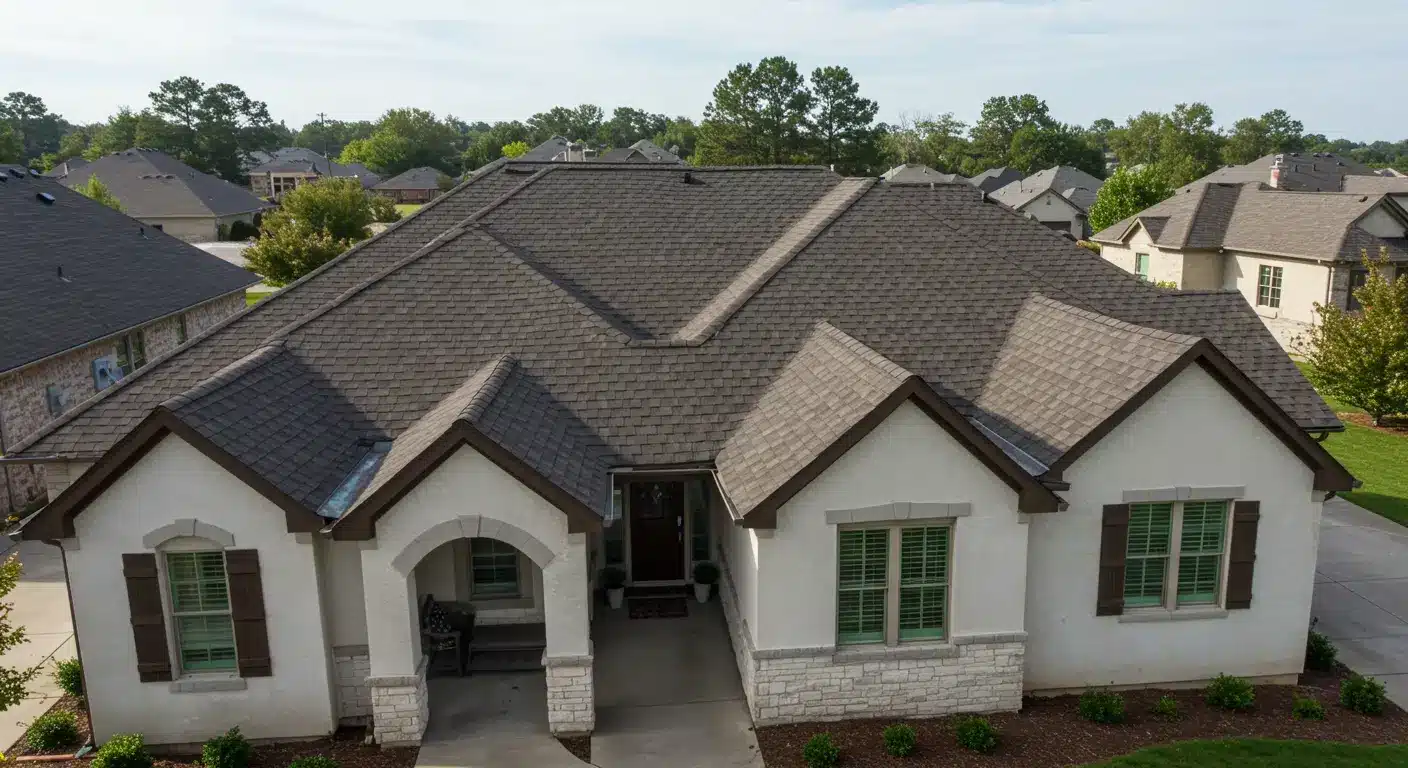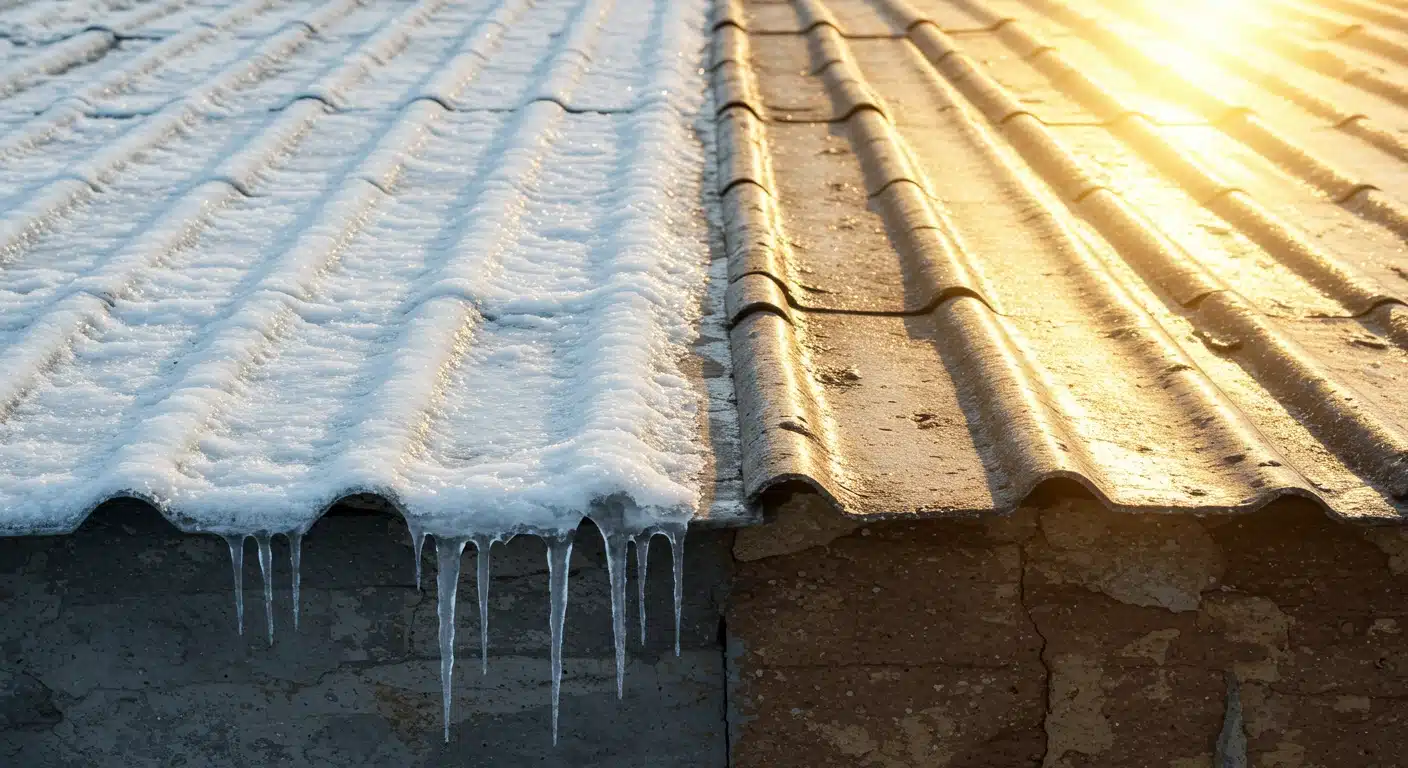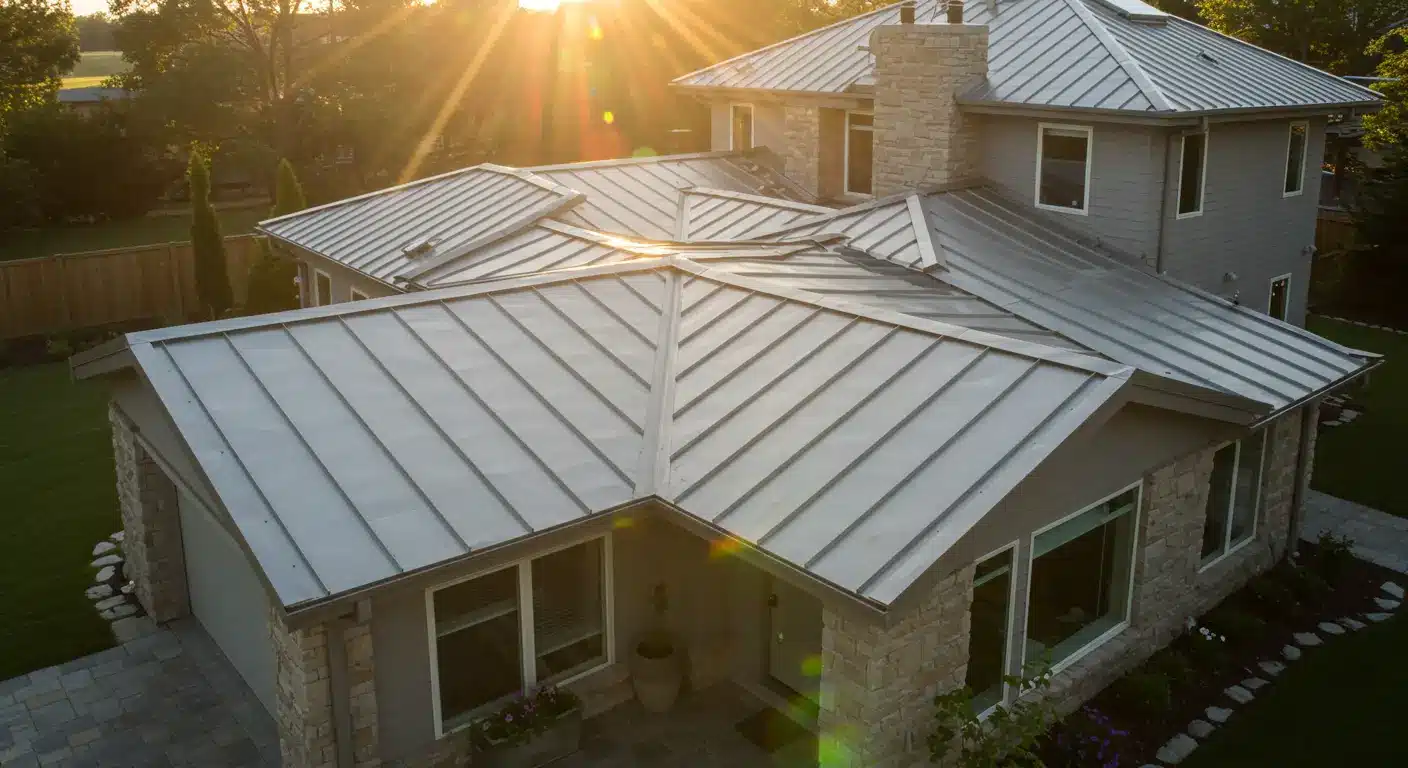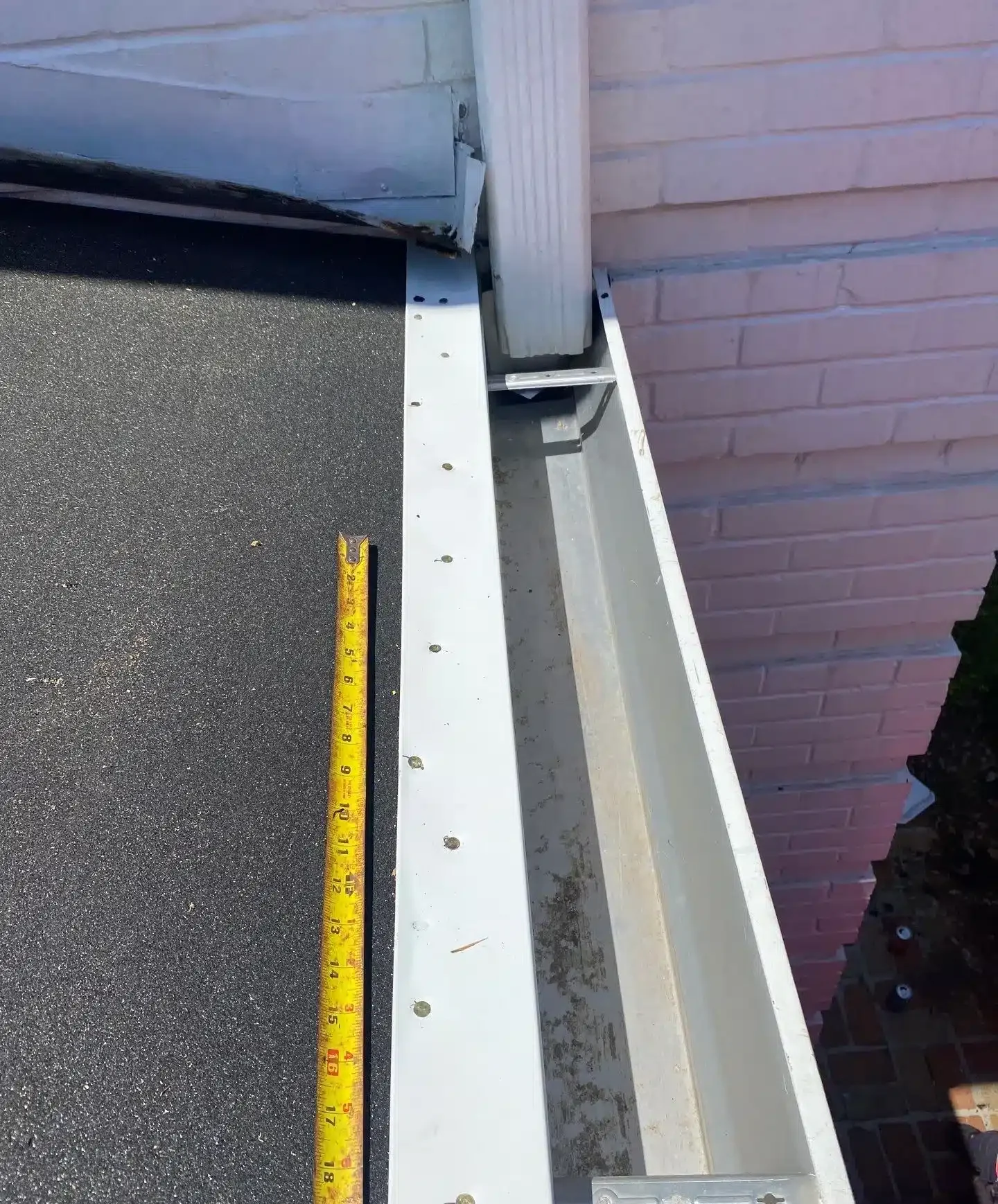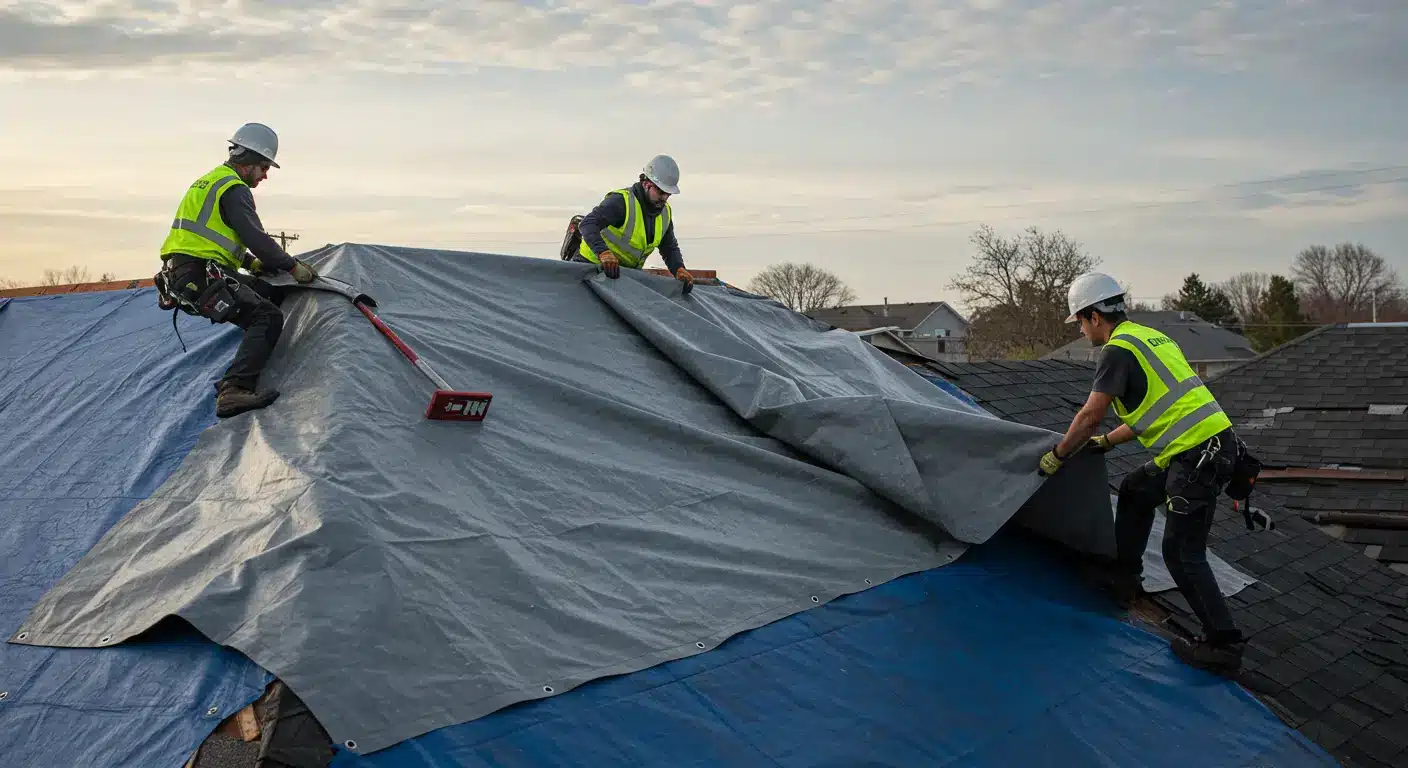When it comes to major repairs like roof replacement, many property owners are unsure about the financial responsibilities shared between themselves and the property management company. Do property management companies pay up front for roof replacement, or does the cost fall solely on the owner? The answer is often found in the fine print of your management agreement and the nature of your property’s financial structure.
This article breaks down how these costs are typically handled and what you should expect when facing a significant roofing project.
Understanding Property Management Responsibilities
Property management companies serve as intermediaries between property owners and tenants. Their core role is to oversee daily operations, manage maintenance, and ensure the property remains in good condition. However, roof replacement isn’t a routine task—it’s a major capital expense.
While property managers can coordinate repairs and contractors, they typically do not cover the costs themselves. Their involvement depends heavily on:
- The property management agreement
- Whether reserve funds or emergency budgets are in place
- Insurance coverage and claim approvals
To understand more about industry standards, visit the National Association of Residential Property Managers.
Who Pays for Roof Replacement in Managed Properties?
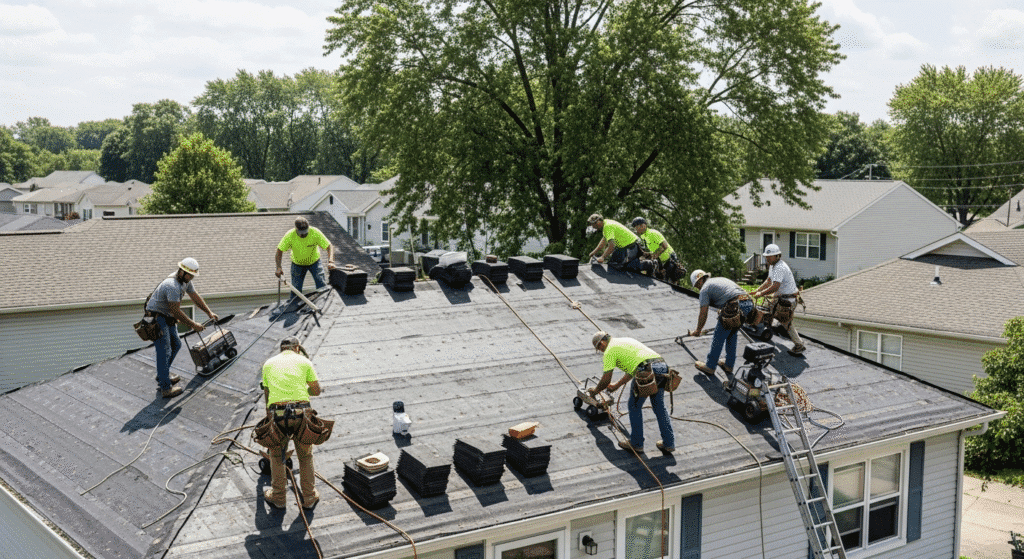
In most cases, the property owner is financially responsible for roof replacement, especially in rental properties. Property managers may facilitate inspections, collect bids, and schedule contractors, but they do not typically front the cost.
This includes both residential and commercial properties, although the scale and complexity of commercial roofing projects may lead to different financial planning approaches.
For expert assistance with large-scale roofing projects, explore our Commercial roofing services.
For Rental Properties
According to Landlord maintenance responsibilities, landlords are legally required to ensure their properties are habitable. That includes maintaining the roof to prevent leaks and structural issues. But again, it’s the landlord’s duty to cover these costs unless insurance or an HOA steps in.
For HOAs
In communities governed by a homeowners’ association, shared roofs (like those in condos or townhomes) are typically maintained through HOA dues. However, emergency assessments may still be levied on owners when funds are insufficient.
Approval & Payment Process for Major Repairs
Large repairs like a roof replacement often require owner approval, especially when costs exceed a pre-defined threshold stated in the property management contract. Here’s a typical process:
- Inspection and Assessment: Property manager arranges an inspection.
- Estimates: Multiple bids are collected from roofing contractors.
- Owner Review: The owner reviews and approves the final quote.
- Payment Authorization: The manager may pay the contractor using owner funds, a reserve account, or after the owner makes payment directly.
Need help navigating your claim paperwork? Get support from our Roof insurance claims help.
Reserve and Emergency Funds in Property Management

Many property management companies maintain reserve funds on behalf of property owners. These funds are typically collected monthly as part of a property’s operating budget and are meant to cover:
- Emergency repairs
- Routine maintenance
- Partial capital expenses
Roof replacement, depending on cost, may exceed what’s in reserves. If so, the property owner is asked to fund the difference. This is why proactive budgeting is critical.
Can Reserve Funds Be Used?
Yes, but only if they contain enough to cover the replacement and if usage aligns with the terms of the agreement.
What If There Are No Reserve Funds?
The owner must either:
- Pay out of pocket
- Secure financing
- File an insurance claim (if damage is storm-related or covered by policy)
Insurance Claims and Major Roof Work
If the need for a roof replacement is due to storm damage or other covered perils, property managers may assist with filing an insurance claim on behalf of the owner. However, the payout goes to the property owner, not the management company.
A trusted roofing contractor can help document damage and provide assessments for claims. Our team at Lone Wolf Roofing specializes in these processes—our experts will even meet the adjuster on-site.
To schedule a damage assessment, Book a Free Roof Inspection Today.
Contracts Define the Limits of Authority
Each property management contract specifies:
- What dollar amount a manager can approve without owner consent
- How funds are held and disbursed
- What maintenance tasks are included vs. considered capital expenses
Always review these agreements carefully to know when you’ll need to step in and pay.
Proactive Tips for Property Owners
To avoid financial surprises:
- Review your management agreement for capital repair clauses.
- Establish a healthy reserve fund with your manager.
- Check insurance policies for roof coverage.
- Schedule regular inspections to catch issues early.
- Understand your HOA’s role in roof maintenance (if applicable).
For detailed info on landlord responsibilities, refer to this legal guide.
What Happens If a Roof Replacement Is Urgent?
In emergency situations, managers may act quickly to prevent tenant harm or further property damage. However, they will still notify you immediately and seek reimbursement.
Some roofing companies offer payment plans or financing, and insurance claims can often be expedited.
Misconceptions About Property Management and Repair Costs
One common misconception is that property management fees cover major repairs. In reality, these fees typically cover day-to-day management, not capital expenditures. Other myths include:
- “The property manager will pay and deduct later.” False. Most require upfront funding or use the owner’s reserve account.
- “Tenants should pay for roof issues if they caused them.” While rare, this is only applicable if tenant negligence is proven.
- “Insurance always covers roof replacements.” Only if the damage falls under covered perils.
Understanding the reality helps avoid surprises and disputes down the road.
FAQs
Who is responsible for roof replacement in a rental property?
The landlord (property owner) is responsible. Tenants are not expected to pay for capital repairs like roof replacement.
Can a property manager approve major repairs?
Only if authorized by the management contract, and usually only up to a certain cost threshold. Large repairs require owner approval.
How are large maintenance expenses handled by property management companies?
Via reserve funds (if available), insurance claims, or direct owner funding. Managers oversee the process but do not cover costs.
Do property managers use reserve funds for roof replacement?
Yes, if funds are sufficient and usage aligns with the agreement. Otherwise, they seek funds from the owner or coordinate insurance claims.
Are commercial roof replacements handled differently from residential ones?
Yes. Commercial properties often involve more complex systems and larger budgets. They may also involve multi-tenant agreements, warranties, and specialized insurance. Learn more about Commercial roofing services.
What should property owners do to prepare for roof expenses?
Build a dedicated reserve fund, review your management contract, and conduct annual roof inspections. Early planning helps prevent surprise costs.
Can property management companies help file insurance claims?
Yes, many do. While they don’t receive payouts, they assist in the documentation and communication needed to file claims effectively. If you need help, check our Roof insurance claims help.
What happens if there’s a disagreement between the owner and property manager?
Disputes are usually resolved through contract review. That’s why having a clearly written and reviewed property management agreement is essential.
What are signs a roof replacement is needed soon?
Common signs include leaks, sagging, missing shingles, water stains, high energy bills, or roof age over 20 years. A free inspection can help assess urgency. Book a Free Roof Inspection Today.


